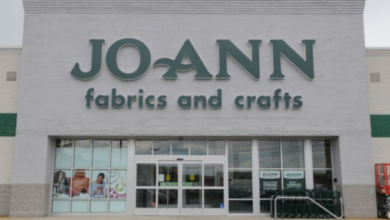Ports Strike Threatens Supply Shortages and Rising Prices for Consumers

The ongoing ports strike is raising concerns about potential shortages and increased prices across the U.S. economy. As dockworkers halt operations at key shipping hubs, the disruption in the flow of goods could affect everything from household items to electronics, creating a ripple effect that may hit consumers’ wallets hard.
Retailers, manufacturers, and other industries that rely on imported goods are feeling the pressure. Delays in unloading cargo could lead to stock shortages, particularly for industries that operate on just-in-time supply chains. This is especially critical as the holiday shopping season approaches, with retailers warning of limited inventory for high-demand items.
The strike also threatens to drive up costs as businesses struggle to find alternative shipping methods or expedite existing shipments. The additional shipping fees, coupled with limited supplies, are likely to increase prices for everyday items.
Industries such as agriculture are particularly vulnerable, with perishable goods risking spoilage at the ports. Consumers could see spikes in food prices, as farmers and suppliers deal with losses from delayed exports and imports.
Economists warn that if the strike continues, it could add to inflationary pressures, making basic goods more expensive at a time when households are already grappling with rising costs.





